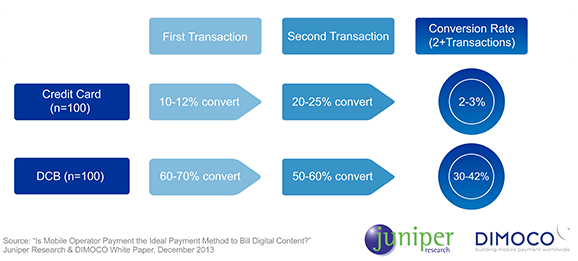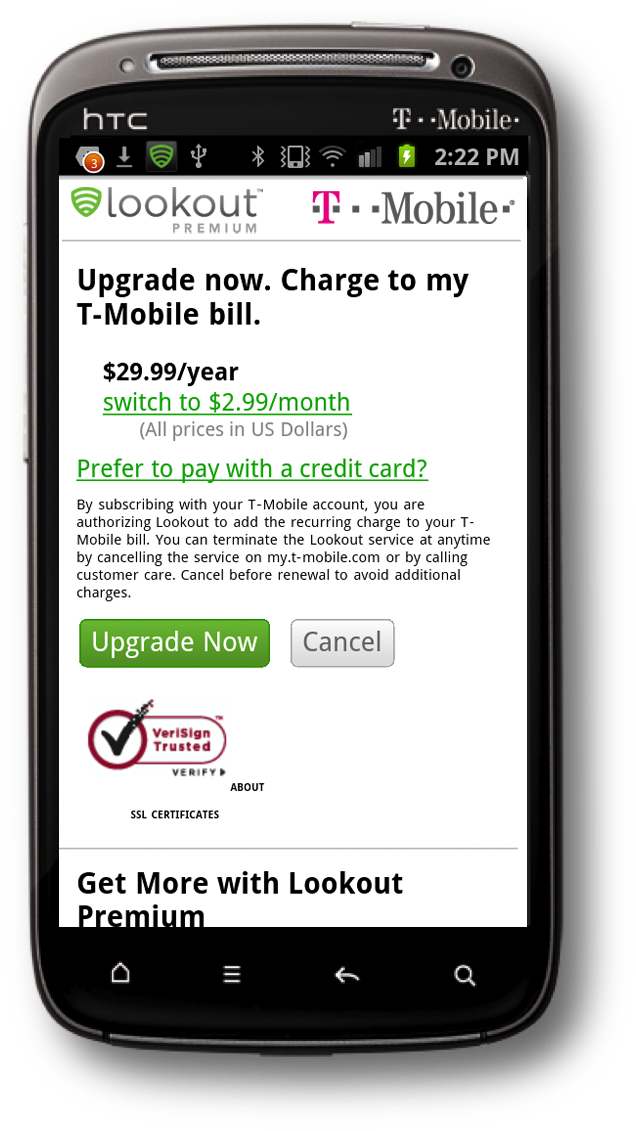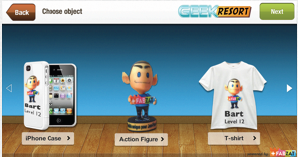by Mark Harper
Creating apps is really fun and simple these days. It is quite a nice idea to think that a simple app you develop in your own home could help you become a big brand name in the app market.
There are many things to think about when developing an app and choosing the programming language is one of the key things to think about.
Here are some tips to help you select the right language for your app.
Your Prior Knowledge
Naturally, the first thing to think about is your own knowledge. If you already have a good grasp of a specific programming language it might be the best to start your app development with that language.
You could also think about the other languages that are closely related to the language you know. There are often some similarities and therefore it might be easy to pick up a new language that shares these similarities with the language you know.
For someone who has no experience or prior knowledge the choice is really open for other factors.
Timeframe For Development
You also should think a little bit about the timeframe you have for developing the app. If you have a very tight deadline and you have no experience in programming you should definitely pick one of the easier languages. For example, Lua and Python are good for people starting out.
The more time you have on your hands the more options you have for choosing the language. It is a good idea to start by learning the coding language well first before venturing into making the actual app.
The Platform You Are Developing For
Of course you also need to take into consideration the type of app you want to develop and the platform you are developing it to. The good news is that there are many good cross-platform software options out there that can help you create an app that will run on many different platforms.
The most used languages in apps these days are Java, Objective-C and C++. Although they are mainly focused on a specific platform you can use them in any platform if you opt for cross platform developer software.
Community Support
It is a good idea to try to pick a language that has a really strong community behind it. This way you can get help and advice a lot easier and thus developing your app further will be easier and quicker.
There are some coding languages with stronger communities than others and it is a good idea to look around the different forums and see what kind of atmosphere there is. Check out Striving Programmers for some great forums and articles on programming, for example.
The above tips can help you select the right programming language for app development. Take your time in choosing a language that feels easy enough for you to understand and always use your prior knowledge as advantage.
This is especially important if you are developing your first app. The internet is full of programmers who can help you get started and get past the first hurdles.
Featured images:
 License: Creative Commons image source
License: Creative Commons image source
Mark is interested in developing apps and he is also a big fan of trying out different apps. When he isn’t thinking about new apps he likes to spend time playing some console games.















